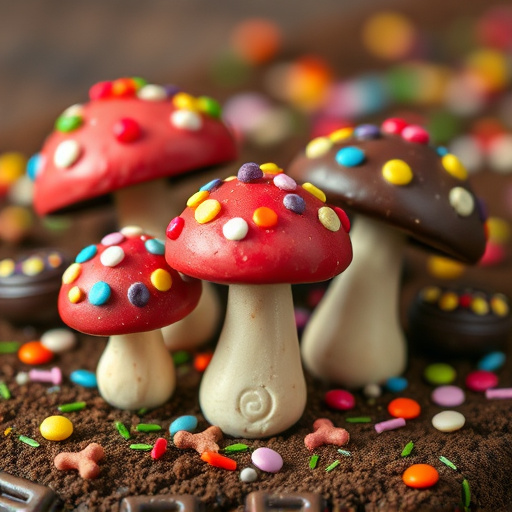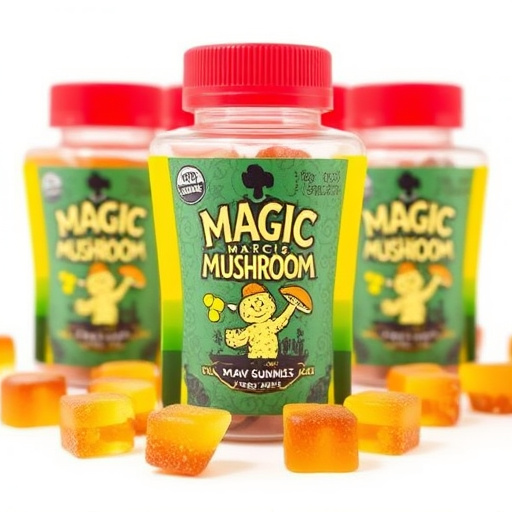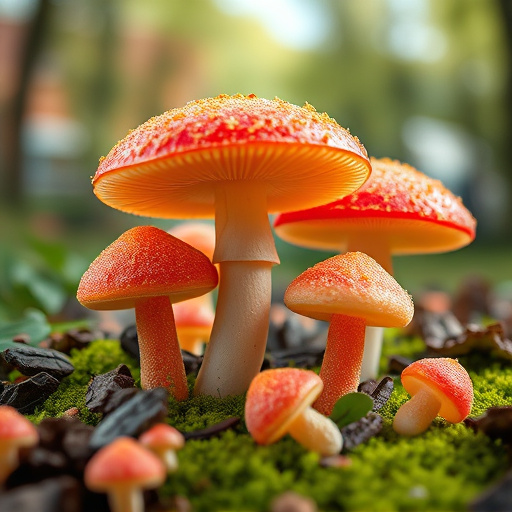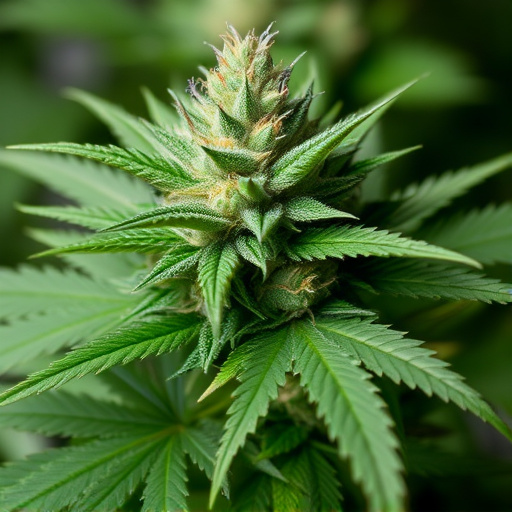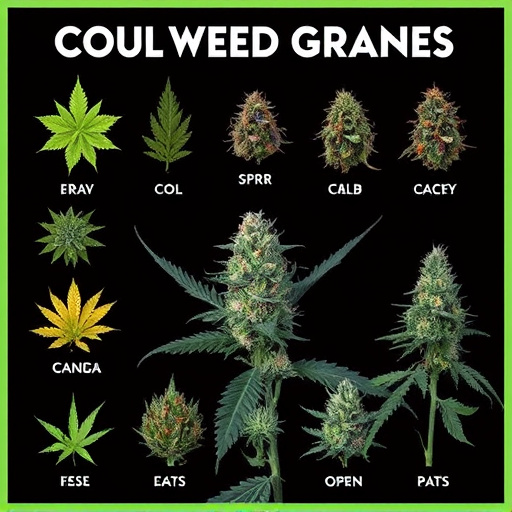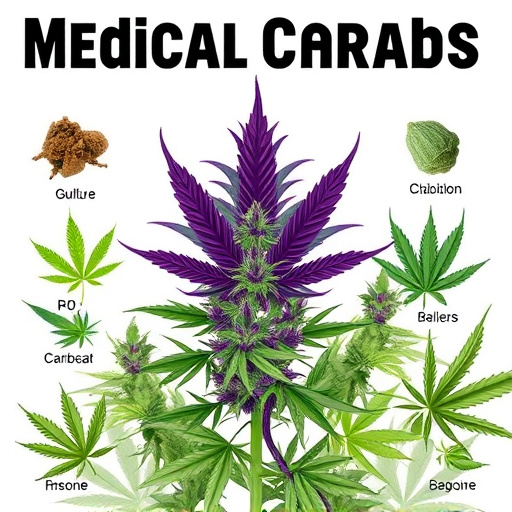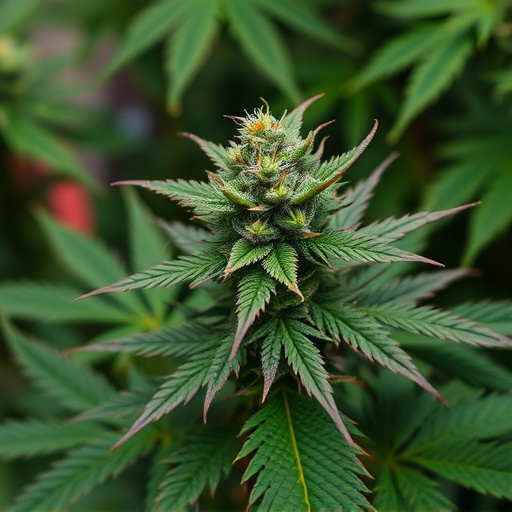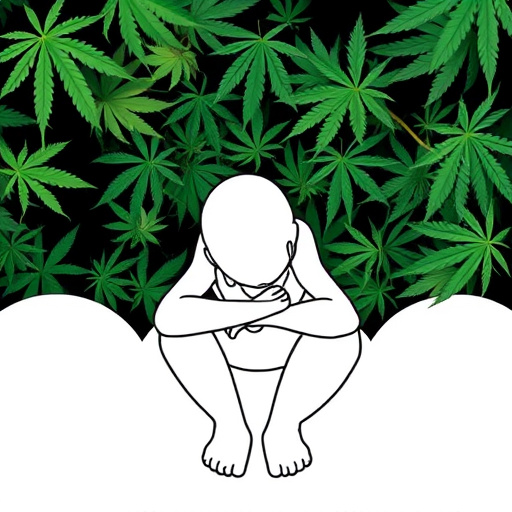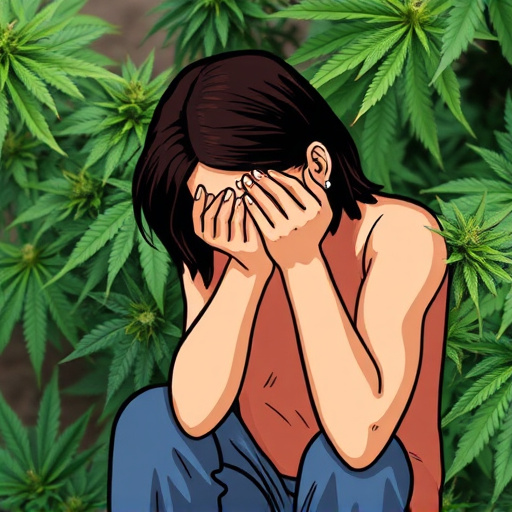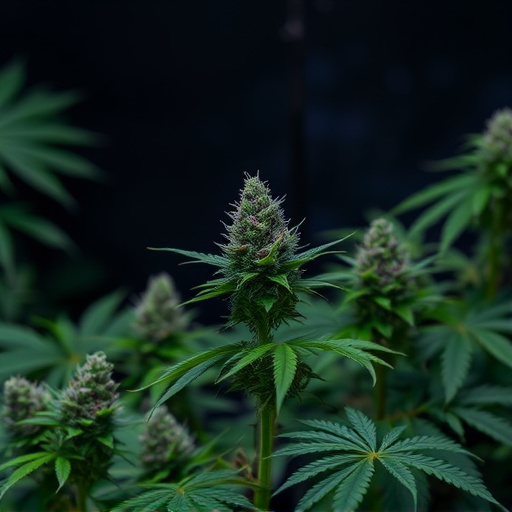Cannabis offers potential as a treatment for depression, with strains high in CBD and low in THC showing promise due to their interaction with the body's endocannabinoid system. While Sativa's high THC may exacerbate anxiety, Indica strains with higher CBD content can provide relief from stress and insomnia linked to depression. Personalizing cannabis therapy involves understanding the unique ECS of each individual and experimenting with different compounds and strains to find the most effective treatment.
Cannabis flower, with its diverse compounds and wide array of effects, has sparked interest as a potential treatment for depressive disorders. While research is still ongoing, understanding how different cannabis strains interact with our bodies and minds is crucial in navigating their therapeutic potential.
This article delves into the science behind cannabis compounds, explores specific strains shown to have promising anti-depressant properties, and highlights individual variations that impact response to treatment.
- Understanding Cannabis Compounds and Their Effects on Mood
- Exploring Cannabis Strains for Depressive Disorders: A Scientific Perspective
- Personalizing Your Cannabis Experience: Individual Variations in Response
Understanding Cannabis Compounds and Their Effects on Mood

Cannabis flowers contain a complex mixture of chemical compounds, including cannabinoids and terpenes, that work together to produce various effects on the human body and mind. Among these, tetrahydrocannabinol (THC) and cannabidiol (CBD) are the most well-known for their impact on mood. THC is responsible for the intoxicating high associated with cannabis use, affecting serotonin receptors in the brain and influencing mood, appetite, and memory. On the other hand, CBD doesn’t bind directly to serotonin receptors but has been shown to have anti-anxiety properties, potentially helping to alleviate symptoms of depression and stress by promoting a sense of calm and relaxation without altering consciousness levels.
When considering cannabis strains for depression, different varieties offer unique combinations of these compounds. Sativa strains, known for their energizing and uplifting effects, often have higher THC content but lower CBD levels. This combination may not be ideal for managing depression as it could exacerbate anxiety or paranoia in some users. Indica strains, on the other hand, tend to have more relaxing and sedative properties due to higher CBD and lower THC levels, making them potentially beneficial for relieving symptoms of stress and insomnia associated with depression.
Exploring Cannabis Strains for Depressive Disorders: A Scientific Perspective
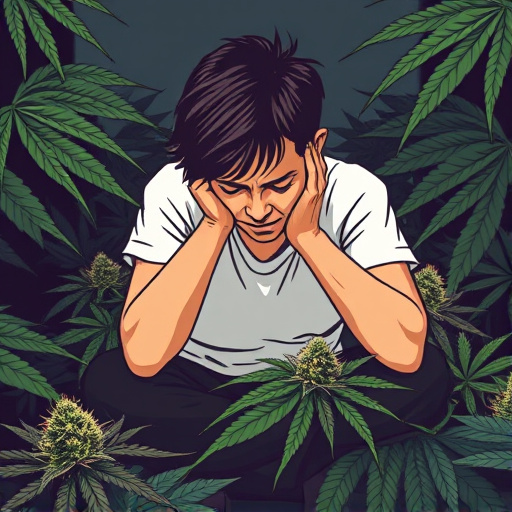
Exploring Cannabis Strains for Depressive Disorders: A Scientific Perspective
Depressive disorders are a significant global health concern, affecting millions worldwide and leading to various symptoms including persistent sadness, loss of interest in activities once enjoyed, changes in appetite, fatigue, difficulty concentrating, and even thoughts of suicide. While traditional pharmacological treatments offer some relief, many individuals struggle with adverse effects or find their symptoms persist despite medication. Herein lies the growing interest in cannabis as a potential alternative approach to managing depression.
Scientific research has begun to uncover the complex interplay between cannabis and mental health. Several cannabis strains are known for their therapeutic properties, particularly those rich in cannabidiol (CBD) and low in tetrahydrocannabinol (THC). CBD is believed to interact with the body’s endocannabinoid system, which plays a crucial role in regulating mood, stress, and anxiety. By modulating neurotransmitters and neuroinflammation, CBD may offer a more gentle yet effective method for alleviating depressive symptoms. Specific cannabis strains known for their antidepressant-like effects include Indica varieties such as Granddaddy Purple and Northern Lights, which have higher CBD content relative to THC. However, individual responses vary greatly, emphasizing the need for personalized medicine approaches when exploring cannabis strains for depression treatment.
Personalizing Your Cannabis Experience: Individual Variations in Response
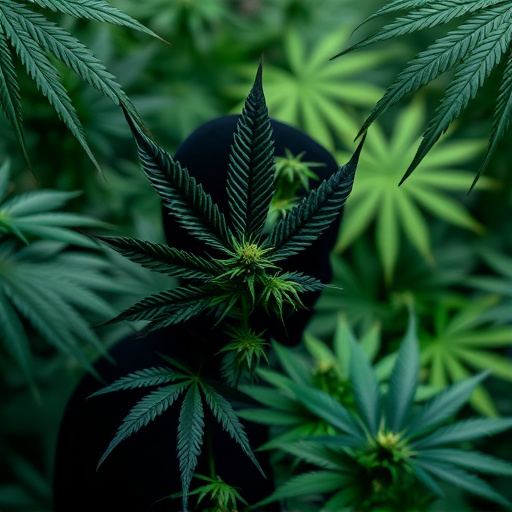
Cannabis flowers offer a vast array of effects, and what works for one person might not work for another. This is largely due to individual variations in our biochemistry and personal experiences. Everyone has a unique endocannabinoid system (ECS), which plays a crucial role in regulating mood, memory, pain perception, appetite, and more. The way we interact with cannabis depends on this intricate system’s response to different compounds, such as THC and CBD, found in various strains.
Personalizing your cannabis experience means understanding that what helps alleviate anxiety or depression for one person might induce side effects in another. Factors like strain potency, specific cannabinoids and terpenes present, and individual tolerance play significant roles. For instance, high-CBD strains are often sought by those dealing with depression due to their potential anti-anxiety and mood-stabilizing effects, whereas indica strains, rich in certain terpenes, might be preferred for relaxation and sleep. Exploring different cannabis strains for depression is a personal journey that requires patience and an open mind.
Cannabis has shown promise as a potential tool for managing depressive disorders, with various compounds and strains offering unique effects on mood. However, individual responses vary greatly, emphasizing the importance of personalizing treatment approaches. Further research is needed to fully understand the complex interactions between cannabis strains and depressive symptoms, but exploring specific strains for their therapeutic benefits can be a game-changer in mental health care. By considering the vast array of available cannabis strains for depression, individuals can navigate this alternative path while staying informed about potential effects and always prioritizing their well-being.

